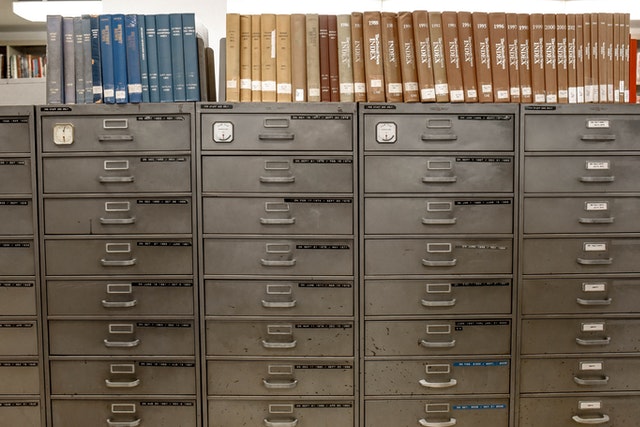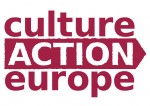17-19 November, Orionteatern, Stockholm. Konferensen och ett nordiskt lab samlade 170 deltagare på Orionteatern i Stockholm, 17-19 November. 25 talare och panelister från Sverige och Europa, samt ytterligare representanter från 25 organisationer i Norden och Baltikum var särskilt inbjudna. En del av SEAS X Stockholm som presenterade två verk från projektet Black/North SEAS.
Gå direkt till konferensens webbplats>>
Vi ställs inför en omvälvande förändring. Mötet med konst äger rum i helt nya lokaler. Tillfälliga platser, föränderliga platser, offentliga platser. Vad betyder det för hur vi organiserar vårt kulturliv? Är stora institutionella ”hus för konstformer” den rimligaste strukturen? Många kulturoperatörer idag tänker flexibelt, de söker andra villkor för mötet mellan publik och konst. Vad betyder det för kulturpolitiken? Vilka nya stödformer och strategier behövs för att möta de nya kraven?
Flexibla mötesplatser varierar från tillfälligt bruk (offentliga installationer, och mobila scener) till kulturell återanvändning av post-industriella byggnader. Organisationsformerna är ofta kooperativa och kollektiva, produktioner görs utan egna, kostsamma arenor. Rörlighet, community arts, ett medvetet engagemang förändrar både praktik och estetik.
Under 1900-talet skapades kulturinstitutioner utifrån idéer som tillgänglighet, demokrati, bildning och upprätthållandet av en national identitet. Oberoende kulturinitiativ arbetar kontinuerligt med att utmana och anpassa dessa grundläggande värderingar. Hur kan en diversifierad kulturekologi uppmuntras?
Konferensen undersöker en kulturpolitik i förändring och sätter det i relation till behov bland flexibla initiativ i Europa.
Konferensen samlar representanter från kultursektorn, tjänstemän och beslutsfattare, curators, konstnärer med flera. Programmet bygger på två teman:
- “Innovative Spaces for Art – mapping current practice in Europe”
- “Sustainable policies for flexible spaces and artistic structures”
Den tredje dagen tillägnas ett nordiskt lab om de specifika omständigheterna i Norden och de kommande årens hetaste frågor för kultursektorn. I mindre grupper kommer Delatagare från Norden och Baltikum att fördjupa diskussionerna från de föregående dagarna.
Gå till konferensens webbplats >>
/
17-19 November, Orionteatern, Stockholm
An international conference and laboratory on the policy and practice of flexible art spaces and post-institutional cultural organisations in Europe
Go to the programme and registration on the Re:Imagining Cultural Space web site>>
We explore questions crucial to sustaining adaptable arts and culture spaces in the 21st century. A post-institutional approach is at the core of the programme. Where will art meet audience in the future?
Artists, curators and producers have shifted focus towards more flexible spaces in recent years. Mobility, community and social engagement determine emerging forms of organization and aestethics. Offering a sound alternative to existing cultural institutions, emerging spaces range from temporary use (public installations and mobile stages) to cultural re-cycling of post-industrial space. They are operated collectively, often with no presentation venues of their own: clubbing, community art, and artist-led galleries.
Institutions created during the 20th century share basic ideas: accessibility, popular education and affirmation of national identity. Independent cultural organisations continuously adapt and challenge these fundamental values. How can a diverse cultural ecology be ensured?
The conference will investigate changing policies to encourage and support flexible initiatives that mirror current European artistic practice.
The conference gathers producers, directors, curators, artists, civil servants and policymakers.
The programme is built on two themes :
- “Innovative Spaces for Art – mapping current practice in Europe”
- “Sustainable policies for flexible spaces and artistic structures”
The third day of the conference takes the form of a Nordic Lab, focusing on the specific conditions of the Nordic region and what the cultural sector sees as crucial issues. Participants from Nordic and Baltic countries will deepen the discussion of the previous days, in smaller groups.




